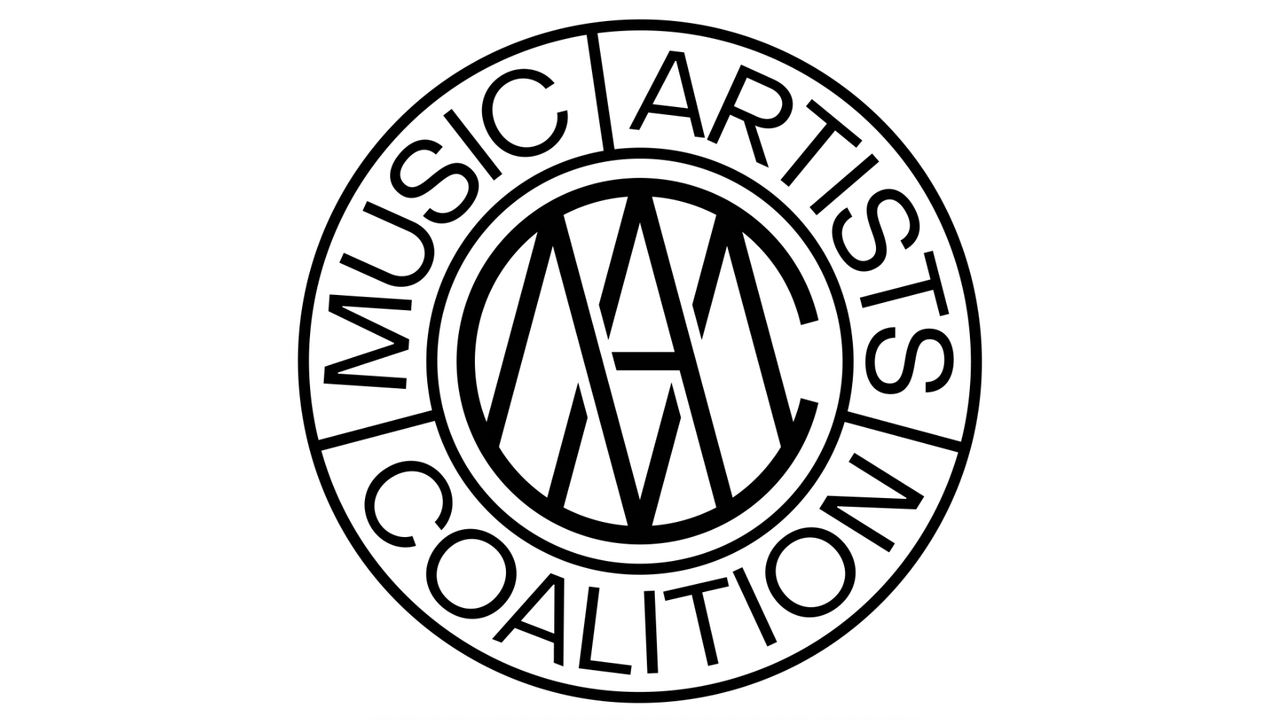
The Universal Music Group/Udio agreement over AI use was announced last week, promising a new (legal) Udio platform and new license agreements that will “further revenue opportunities for UMG artists and songwriters”. It was, however, rather short on details on what this would actually entail for artists and musicians.
Now, the Music Artists Coalition – a nonprofit advocacy group of mainly US-based artists - has given its reaction, and whilst they broadly welcome the deal, they sound somewhat unconvinced.
“Every technological advance offers opportunity, but we have to make sure it doesn’t come at the expense of the people who actually create the music - artists and songwriters," said Irving Azoff, founder of MAC in a statement.
"We've seen this before - everyone talks about 'partnership,' but artists end up on the sidelines with scraps. Artists must have creative control, fair compensation and clarity about deals being done based on their catalogues."
For MAC, any AI use in music has been guided by the principles of artist consent, fair compensation and clarity over how artists’ work is being used.
They claim there are many unanswered questions regarding the UMG/ Udio deal - how exactly do artists actually control what uses they authorise? And what happens when multiple songwriters and/or performers on a track (which is so often the case in modern pop) disagree about participation?
Then there’s the detail about money – what exactly is going to be the split regarding percentages of revenue going to the artist, label and AI company when existing music is used to train AI models or generate new works?
MAC are also curious about the details of the UMG/Udio deal. Presumably, Udio paid UMG money to settle the lawsuit – will that be distributed to artists? Will artists’ pay-outs for a new revenue stream just be applied to old unrecouped balances? Will artists see exactly how their work is being used within the AI system and have ongoing visibility into its use?
Questions, questions. "Artist opt-in sounds promising, but participation without fair compensation isn't partnership; it's just permission," said Ron Gubitz, MAC’s Executive Director in a statement. "Artists create the work that makes these AI systems possible. They deserve both control over how their work is used and appropriate compensation for its value generation.”
Another MAC board member, Jordan Bromley, summed up the organisation’s stance. "We're cautiously optimistic but insistent on details," he said. "True partnership requires appropriate oversight and remuneration for all involved parties. The industry needs to get this right - for artists, for fans, and for the future of music itself."







